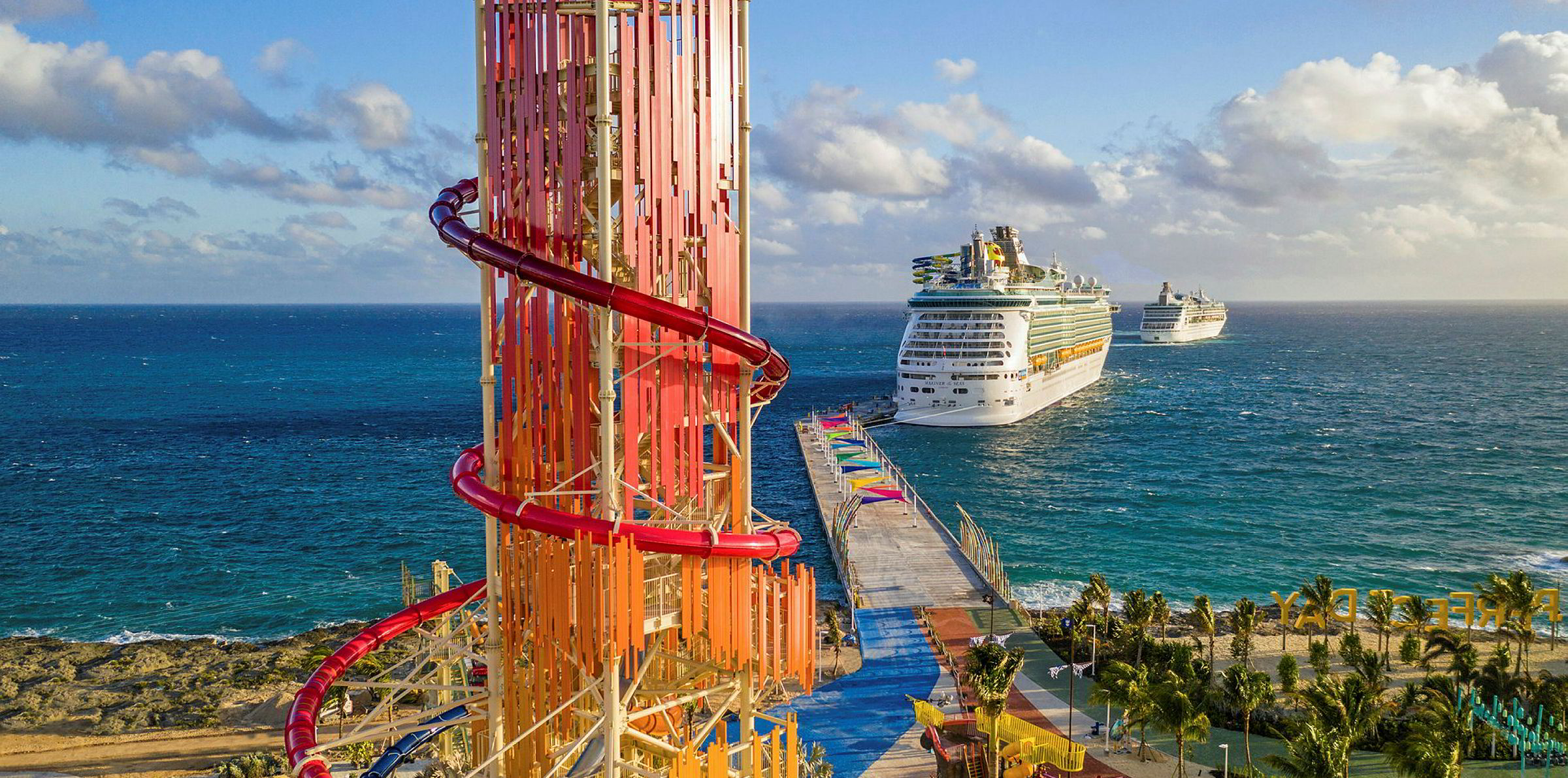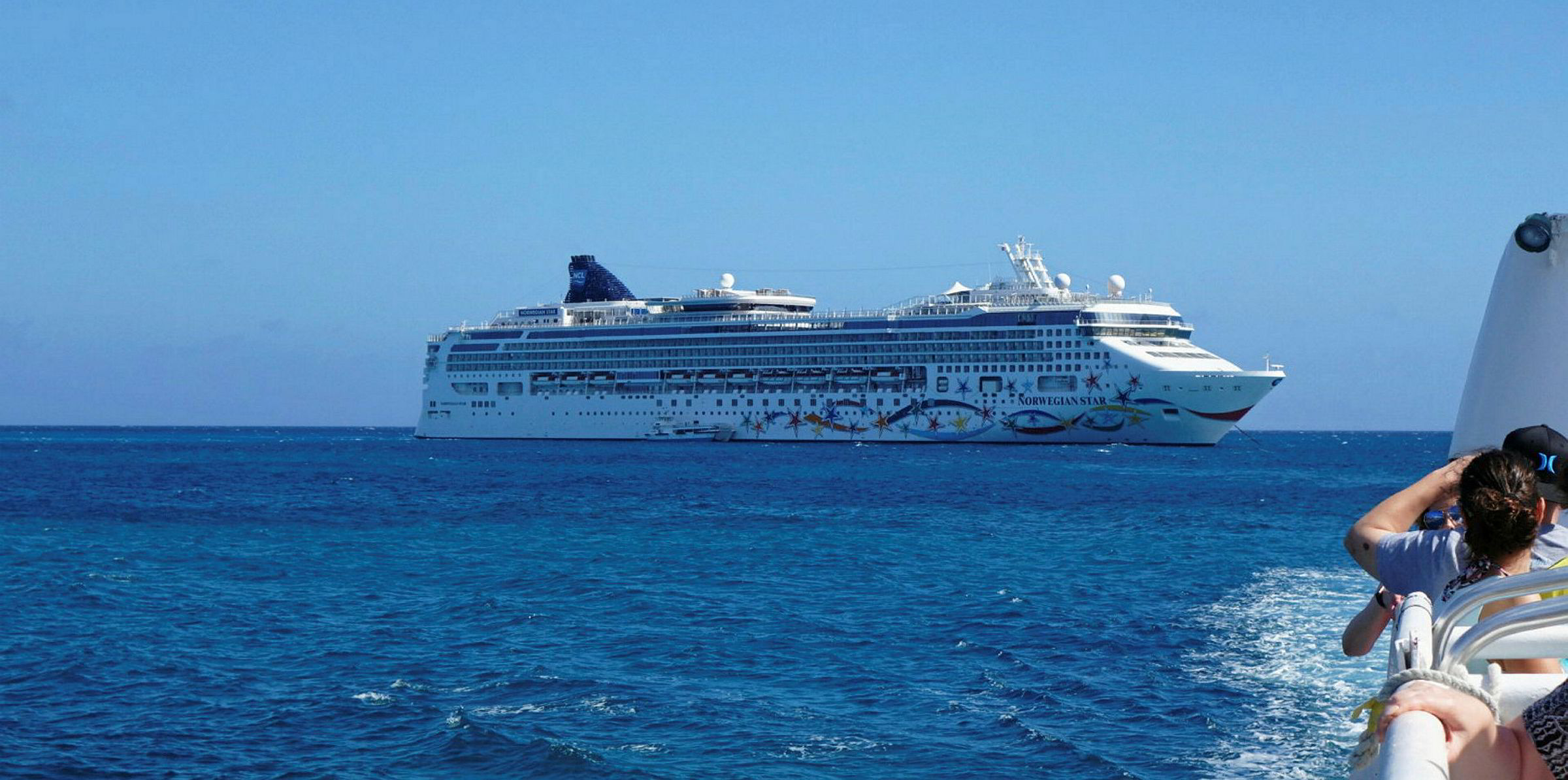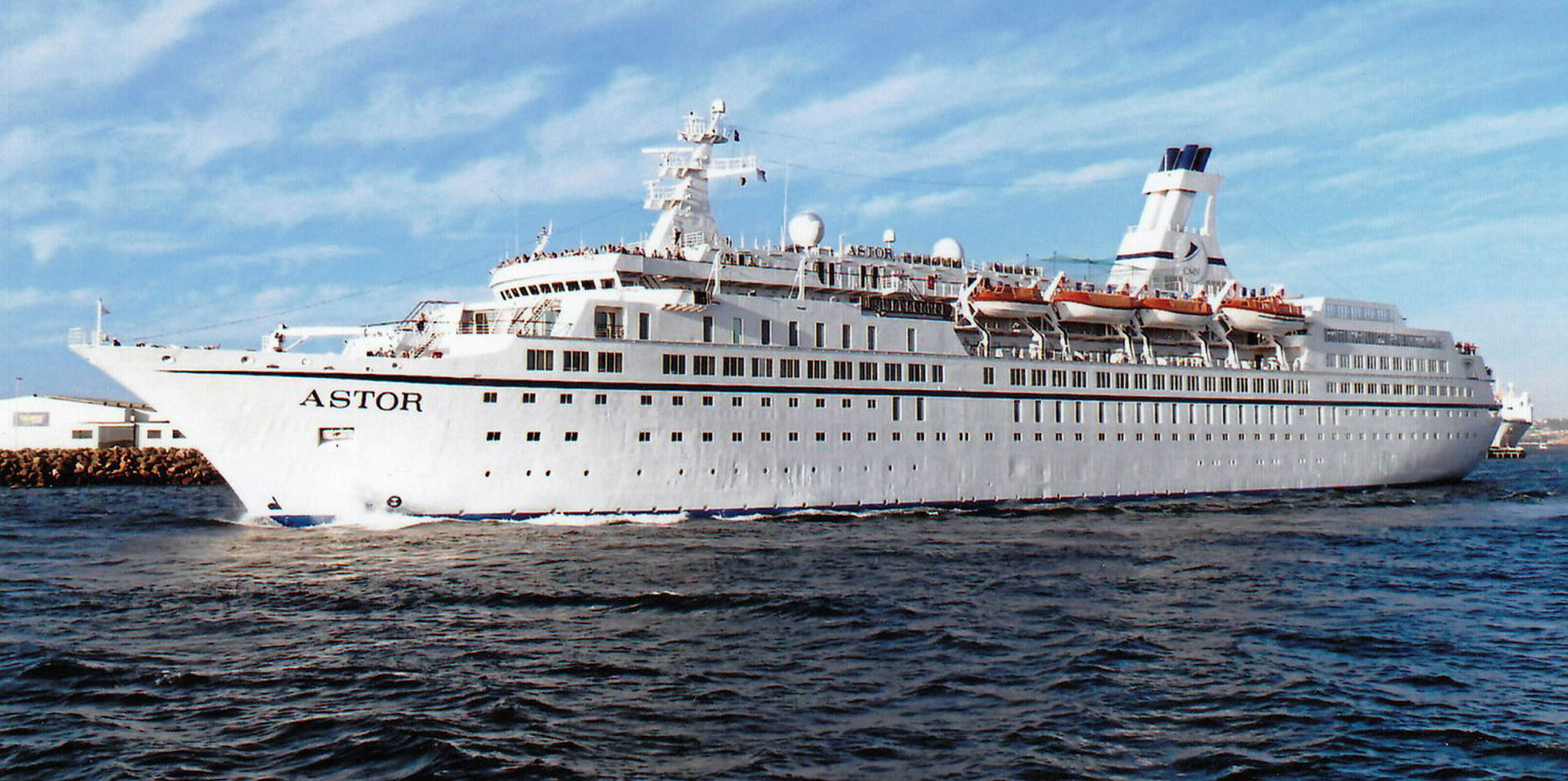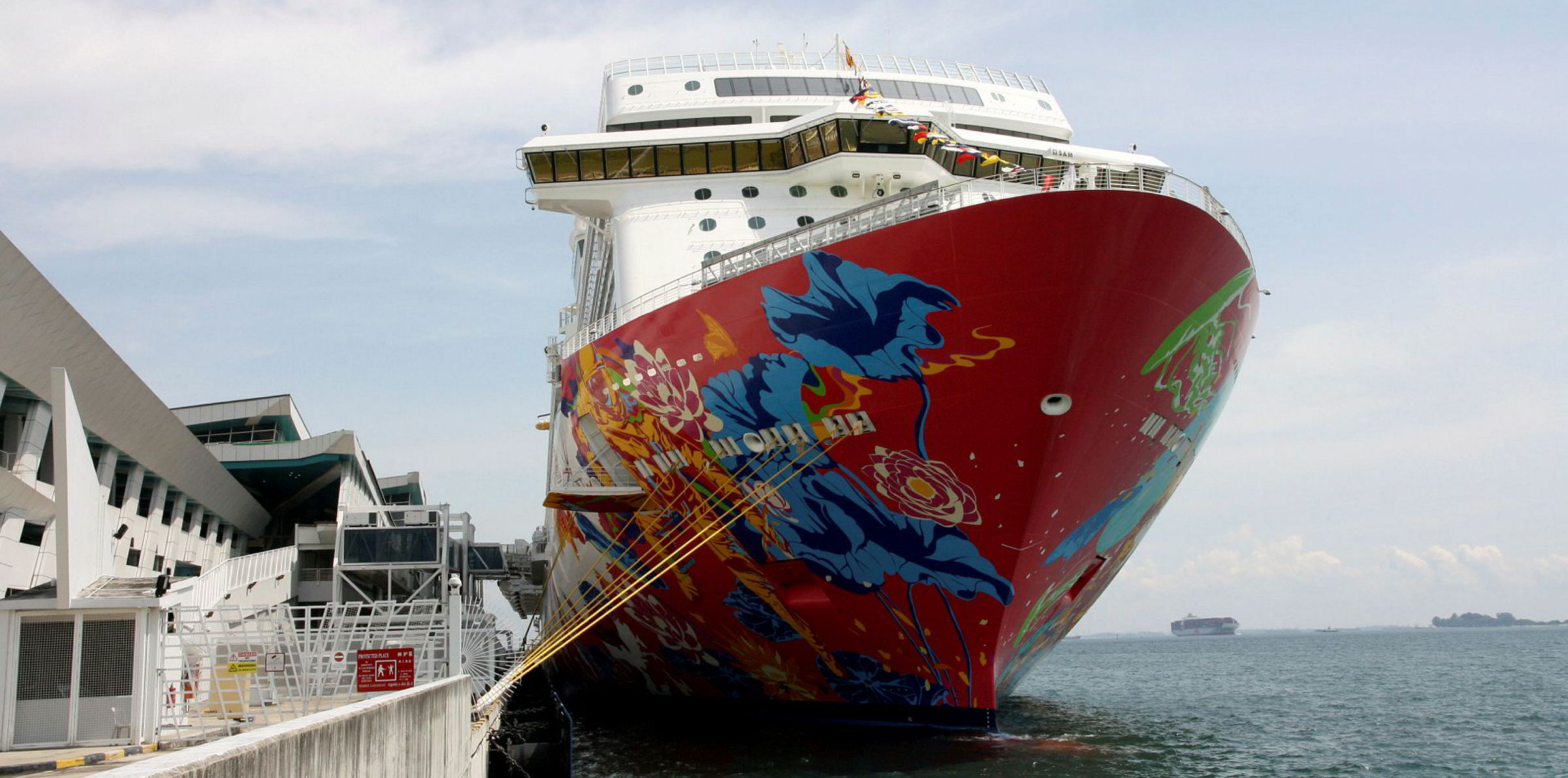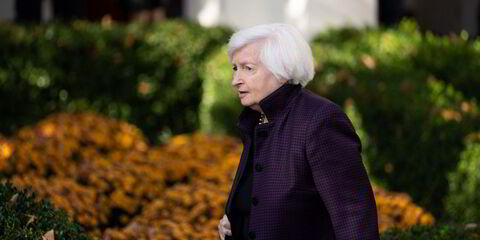When cruise companies get back to the business of carrying passengers on vacations, what will give one company the advantage over the others?
Will it be having the right ships? Will it be on-board entertainment, the dining options or gimmicks such as robotic bartenders?
If some industry experts are correct, what will distinguish the winners in the cruise sector's recovery may be private islands.
UBS analyst Robin Farley has told investors that New York-listed Royal Caribbean Group has the upper hand on its three main rivals largely because of CocoCay, its island in the Bahamas.
The property is a key reason why Farley has placed a "buy" rating on New York-listed shares of the company, the second largest in the business.
"Other lines don't have the amenities and attractions of [Royal Caribbean's] CocoCay, and/or require tendering to get from ship to island rather than having a dock," she said.
Controlled environments
Private islands could provide a boost across the cruise sector after the Bahamas recently said the lines could begin to visit them, even though they cannot bring passengers to Bahamas ports, such as Nassau.
Why do they matter for the cruise industry's prospects?
Farley has told clients she believes that after the Covid-19 hiatus, serving US cruise customers will depend heavily on cruise company-owned islands because they offer a more easily controlled environment.
Even before the pandemic, the islands were already very attractive to cruise consumers, said Stuart Gordon, a London-based senior analyst at Berenberg whose coverage includes leisure stocks.
'Good selling points'
"They've always been very good selling points for the cruise companies," he told TradeWinds.
He cited the financial boost that Royal Caribbean received after the 2019 opening of the revamped CocoCay as an example of the positive impact that private islands have brought the industry.
While Gordon agreed that the cruise giants' private islands provide some advantages when it comes to complying with Covid-19 travel rules, he said it is unclear how much social distancing measures will limit their capacity to take on cruise passengers.
"It's just a question of what is the throughput that you could have in the new world," he said, referring to the new normal as cruise companies slowly resume operations. "Broadly speaking, it is fair to say the private islands will help those big players, when the bookings restart, as a differentiator."
But while each member of the cruise major quartet has invested in a private island in the Bahamas, they are not all the same.
Farley said Ocean Cay, controlled by Mediterranean Shipping Co's MSC Cruises, also has strong amenities, but it has not marketed them so well.
"MSC hasn't conveyed its private island attractions as effectively," Farley said in a note to clients.
Fleet of properties
New York and London-listed Carnival Corp, the world's largest cruiseship company, has seven private destinations across its portfolio, including the Bahamas' Little San Salvador Island, which the company calls Half Moon Cay.
But Farley, a US-based managing director at UBS who covers the leisure sector, said none of these attractions stand up to Royal Caribbean's island paradise.
Norwegian Cruise Line Holdings, the third-largest cruise operator, has spruced up the beach and cabanas at its Bahamas outpost, Great Stirrup Cay.
But cruiseships are unable to dock there, requiring passengers to tender to the island, Farley noted.
$250m investment
Much of the advantage of Royal Caribbean's CocoCay is rooted in its $250m renewal project, which included building a pier that allows passengers to reach the attractions on land without the use of tender boats.
The Miami cruiseship owner also built a variety of attractions on the island, formerly known as Little Stirrup Cay. These include the Thrill Waterpark, which features North America's tallest water rides.
Just under 89 km (55 miles) from the Bahamanian capital of Nassau and visible from the beaches at Norwegian's Great Stirrup Cay, the island also features the Caribbean's largest wave and largest freshwater pools.
Royal Caribbean also gives island visitors the opportunity to take a helium balloon to a 137-metre view of the Bahamas archipelago.
Berenberg's Stuart said that it remains unclear how much the cruise majors have earned from their islands.
But he said that just like their ships, the operators' islands and private properties with the best and most modern amenities and offerings do more to reel in customers.
"I think it would be safe to say that by all accounts the work that Royal Caribbean has done in CocoCay is a step ahead of what we've seen elsewhere," Stuart said.
